The cooperation between BMW and Mercedes for the development of next-generation technology for automated driving is being temporarily put on hold.
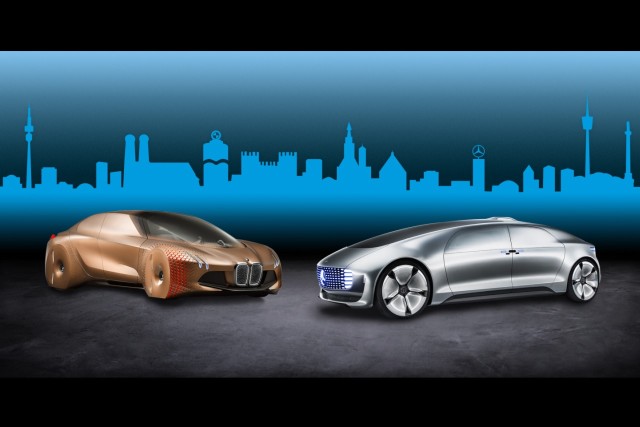
Following extensive review, the two giants, BMW and Mercedes, have put on hold their plans to develop the next generation of autonomous car technologies and have arrived at a mutual and amicable agreement to concentrate on their existing development paths – which may also include working with current or new partners. Both BMW Group and Mercedes-Benz AG explicitly wished to emphasize that the cooperation may be resumed later and that their underlying approach to all matters related to safety and customer benefits in the field of automated driving remains highly compatible.
BMW and Mercedes are both working separately on current generations for highly-automated driving and have achieved major progress in this field in the past. However, both BMW Group and Mercedes-Benz AG were unable to hold detailed expert discussions and talk to suppliers about technology roadmaps until the contract was signed last year. In these talks, and after extensive review, both sides concluded that, in view of the expenses involved in creating a shared technology platform, and keeping the current global scenario with regards to business and economic conditions, the timing is not right for the successful implementation of the cooperation.
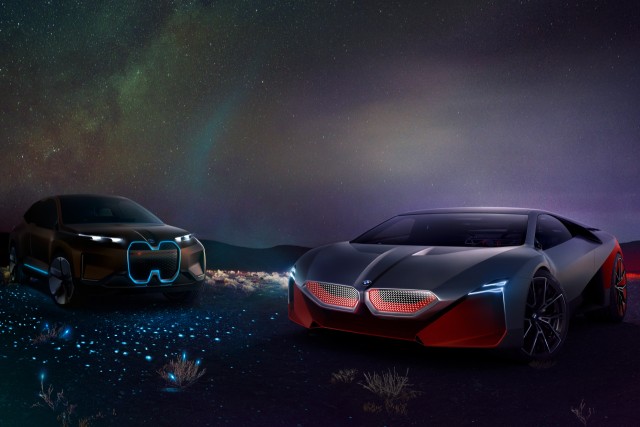
Klaus Fröhlich, member of the Board of Management of BMW AG, responsible for Development, said, “We have systematically further developed our technology and scalable platform with partners like Intel, Mobileye, FCA and Ansys. Our current technology generation offers very strong, sustainable potential. With extremely powerful sensors and computing power, our robust modular system puts us in an excellent position to offer our customers what they need for many years.”
Markus Schäfer, Member of the Board of Management of Daimler AG and Mercedes-Benz AG; responsible for Daimler Group Research and Mercedes-Benz Cars COO, said: “Our expertise complements that of the BMW Group very well, as our successful collaborations have proved. Next to decarbonization, digitalization is a major strategic pillar for Mercedes-Benz. To prepare for the future challenges of a rapidly changing environment, we are currently also sounding out other possibilities with partners outside the automotive sector.”
Both companies reiterated that they would continue working in close cooperation in the remaining fields as planned. In 2015, the two companies joined with Audi AG to acquire the location and technology platform HERE, which now has a very broad and international shareholder structure. In early 2019, the BMW Group and Daimler AG also pooled their mobility services in a joint venture under the umbrella of the NOW family. The key aim of the cooperation was the quick market launch of the technology, expected to feature in passenger car systems for private customers from 2024. The two majors would each implement the technologies in their respective series products independently. The cooperation was supposed to see more than 1,200 specialists working together, often in mixed teams, based at locations including the BMW Group Autonomous Driving Campus in Unterschleissheim, near Munich, the Mercedes-Benz Technology Centre (MTC) in Sindelfingen, and the Daimler Testing and Technology Centre in Immendingen.
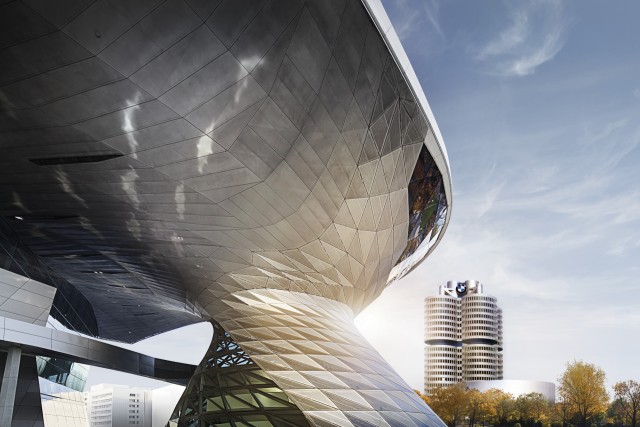
For now, improvement of infrastructure with maximum uniformity. consistency and continuity will remain key in slowly bringing in autonomous technologies to the road for everyday use.





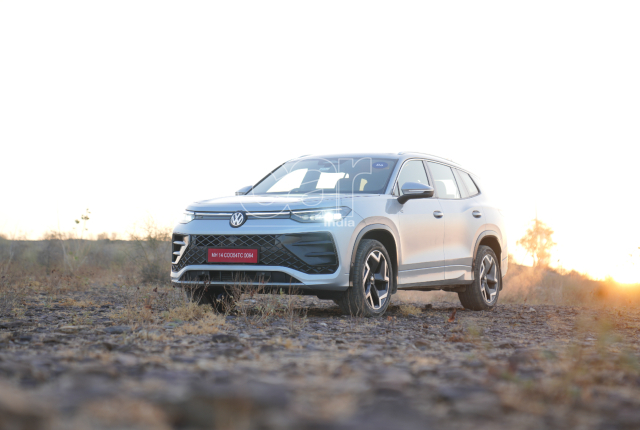

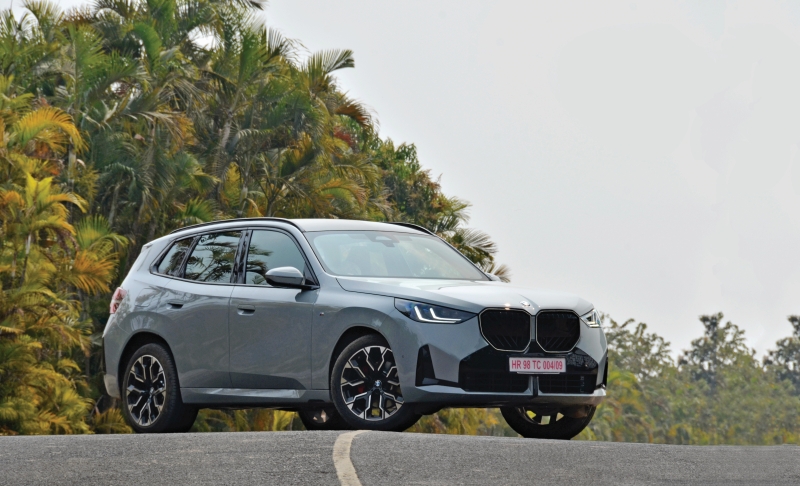


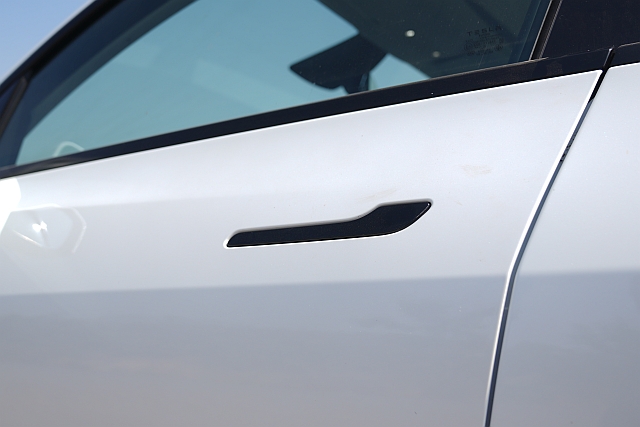
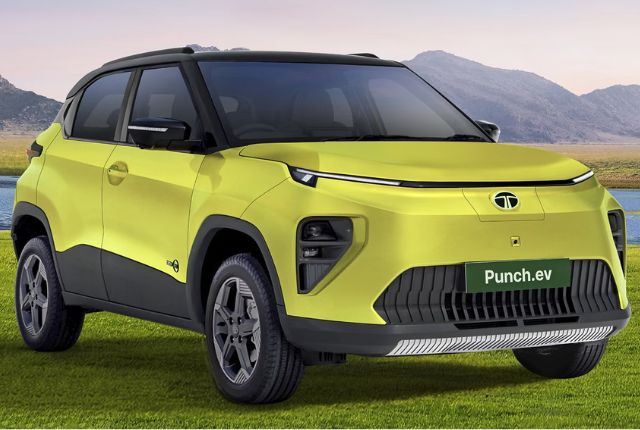
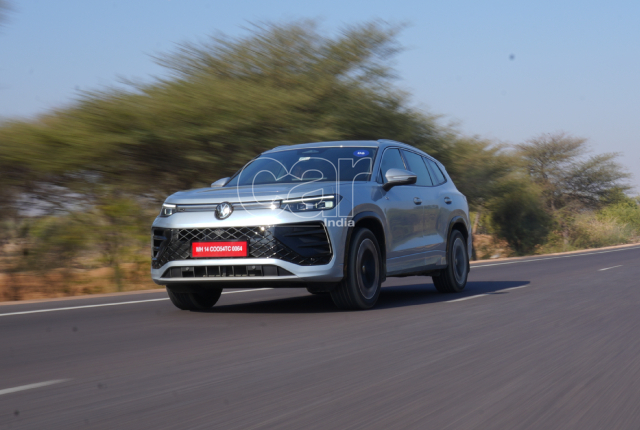

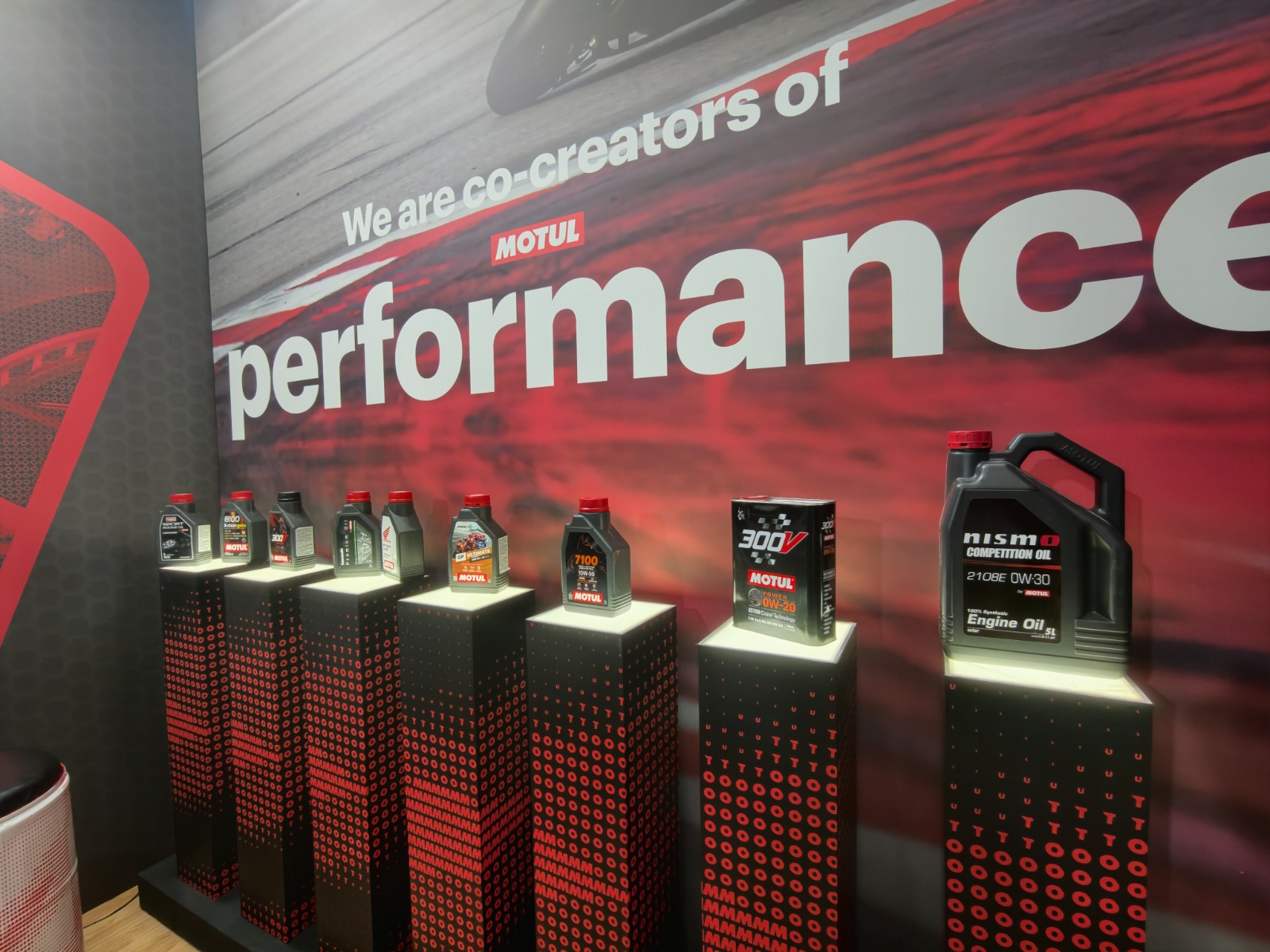
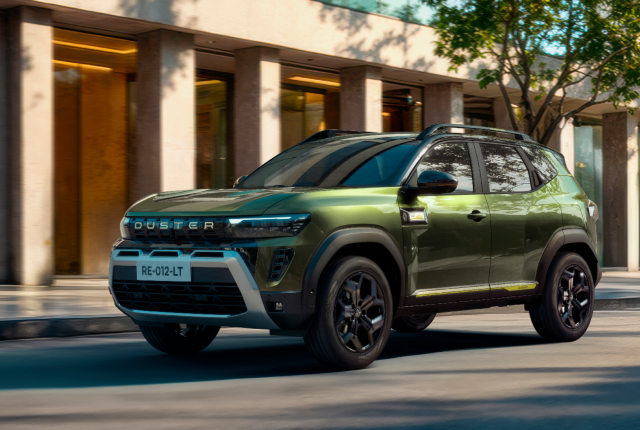

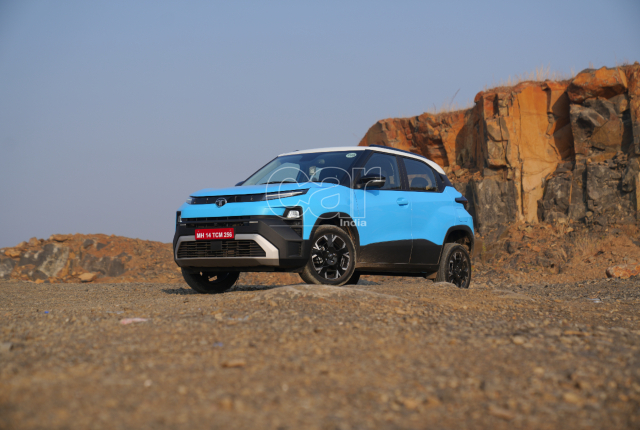
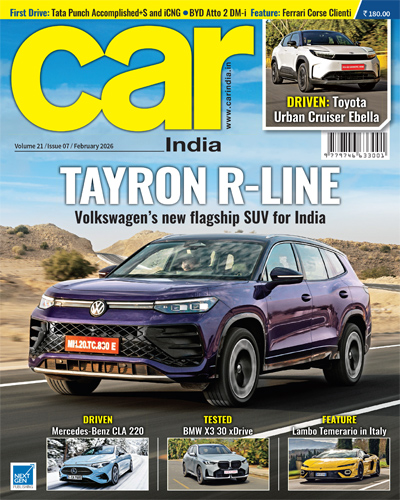
Leave a Reply